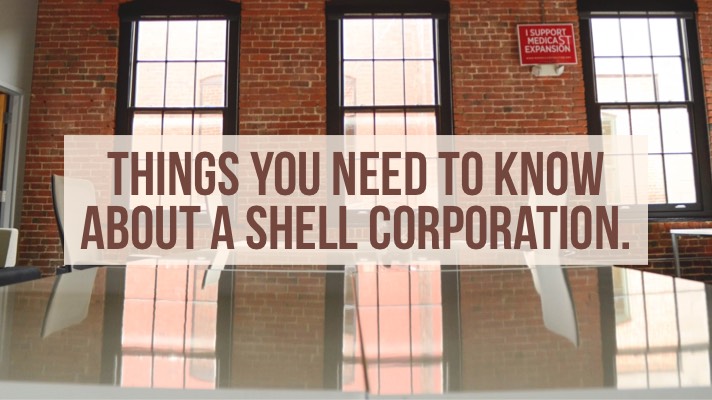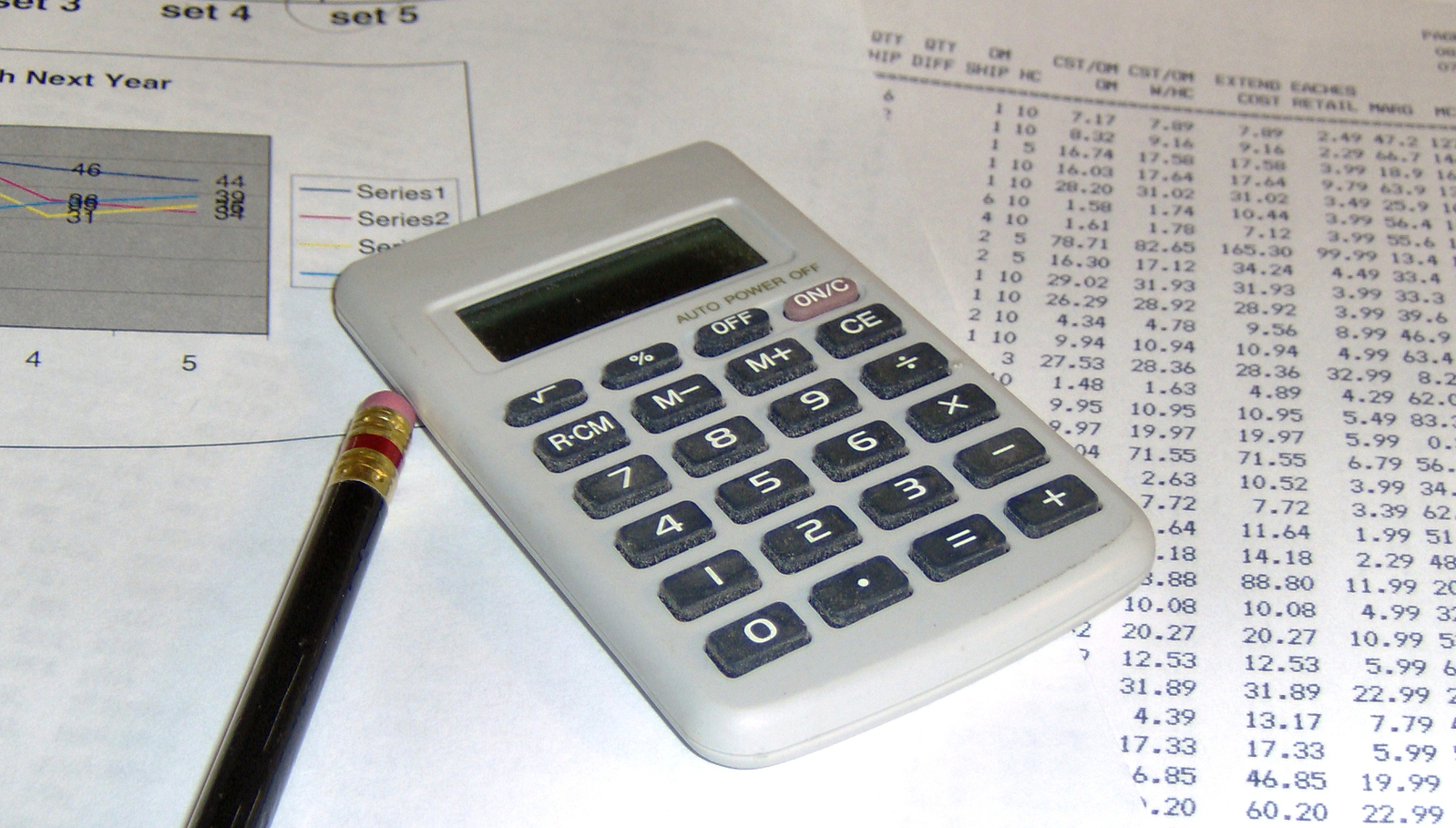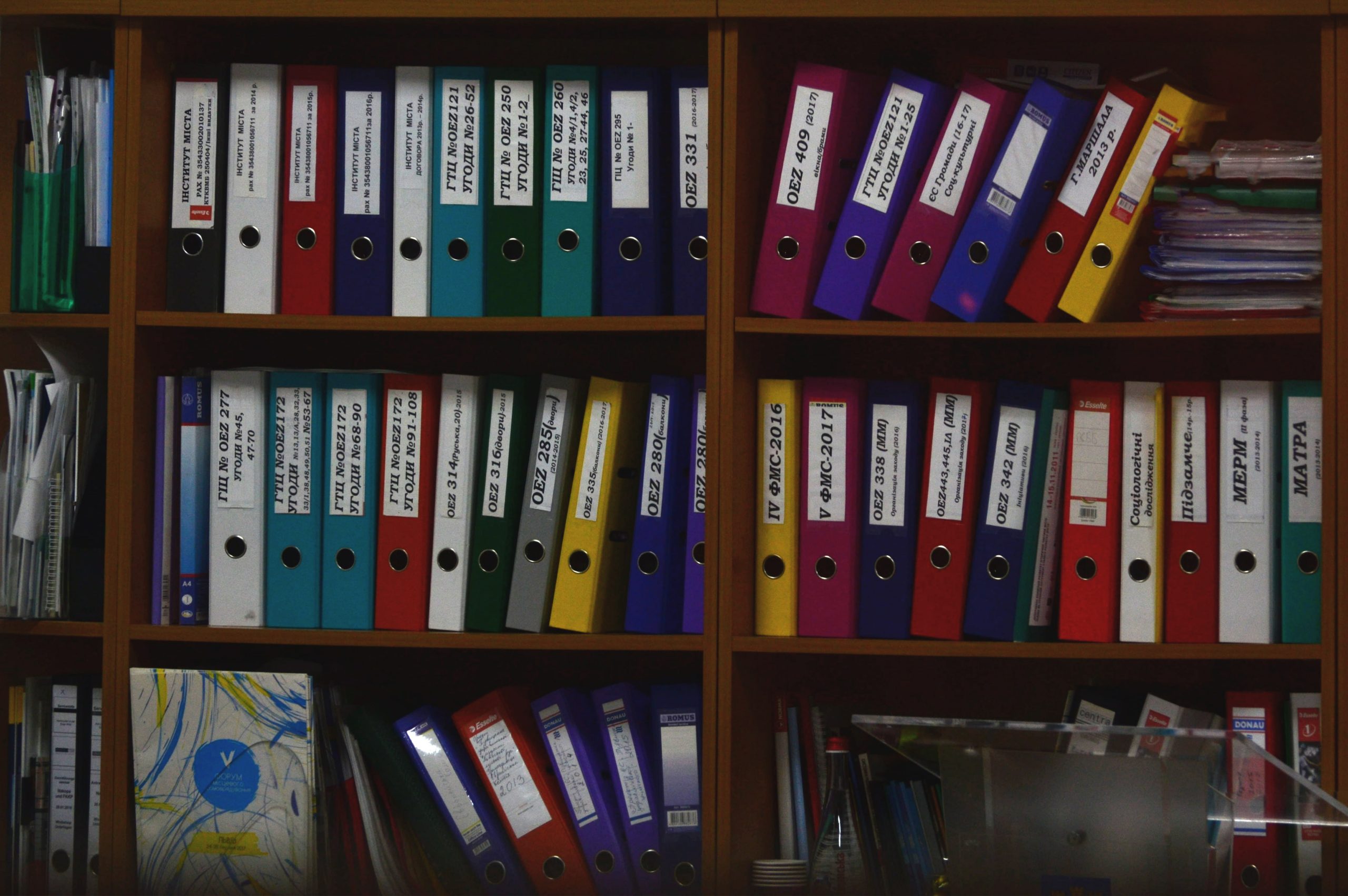Of all the areas that we pay tax, the one that probably causes the most confusion for business owners is VAT. Value Added Tax is applied to most everything we buy and sell and if your business earns over a certain threshold, then you have no choice but to be VAT registered. However, for businesses under this limit, you can voluntarily register for it. But when is this a good move for your business?
Compulsory VAT registration
Across a period of 12 months, if your taxable supplies are over the current threshold, then you have no choice but to register for VAT. At the moment, that amount is £83,000 so if your annual turnover is more than this figure, the business is obligated to register for VAT.
This figure does refer to turnover, not profit so this is the figure before you pay any expenses or consider other tax or national insurance. It also has to take into account all taxable supplies, even if the rate is 0% – something that causes confusion for many business owners. The only items that don’t need to be taken into account are those that are VAT exempt so having someone on hand who understands the intricacies of VAT is a good idea.
Voluntary registration
But why would businesses who are under this threshold decide that it might be beneficial to register for VAT anyway? It is a big decision and not one that should be done without getting some expert advice. But there can be benefits in doing so.
The two main reasons for it is to reclaim VAT and to build positive impressions with clients. When you charge VAT on your goods and services once you have registered for VAT, you are then able to reclaim this VAT that is charged to you by other businesses – known as input tax. If you input tax exceeds your output tax for any period, then you will get to claim back the difference from HMRC.
There is also a positive impression from customers when a business is VAT registered and this positive impression can be worth the work. Otherwise, you may be seen as a ‘small’ business and if you are dealing with large companies this might make them less likely to deal with you. On the other hand, if you deal with other similar sized businesses or customers, this might be less of an issue.
Negatives of registering for VAT
That’s not to say that it is all beneficial when registering for VAT and there are some negatives to consider when making the decision.
Firstly, you could face having to charge more for products or services once you are VAT registered as you have to add this figure onto the price. You can reclaim this through the system but there is always the potential to lose customers due to a price increase, especially if they themselves cannot claim back the VAT.
Also, if your output tax exceeds your input tax then you may end up having to pay money to HMRC for the difference. This can cause cashflow problems and mean you cannot accurate forecast earnings for a period.
There is also the issue of an increase in paperwork to complete the VAT returns, which need to be done on a quarterly basis. There is the requirement to have a VAT accounting element to bookkeeping and also having reporting procedures in place which may cost more. There can also be penalties and fines if you are late filing.
Don’t do business alone. Join a Community.
Subscribe to our newsletter and join the ranks of 100,000+ entrepreneurs who receive weekly insights, legal updates, and compliance reminders directly in their inbox.
De-register a business for VAT
If you decide to voluntarily register for VAT and find that the negatives out way the positives, then it is possible to de-register the business for VAT. As long as your business is under the threshold then HMRC will normally not have any problem with de-registering the business.
You are also required to de-register if your business stops making taxable supplies or if it becomes part of a group. A change to the legal structure of the business or it being sold will also mean it would need to be de-registered.
If you decide to cease trading completely, then you will need to notify both HMRC and Companies House. You can read more about who you should inform if your company is not training here.
Conclusion
VAT is a complicated matter and help is often crucial in deciding if your business should voluntarily register and what changes are needed to accommodate this change. It can be a good way to generate extra income for the business if it is the right choice but should be done with careful consideration.















